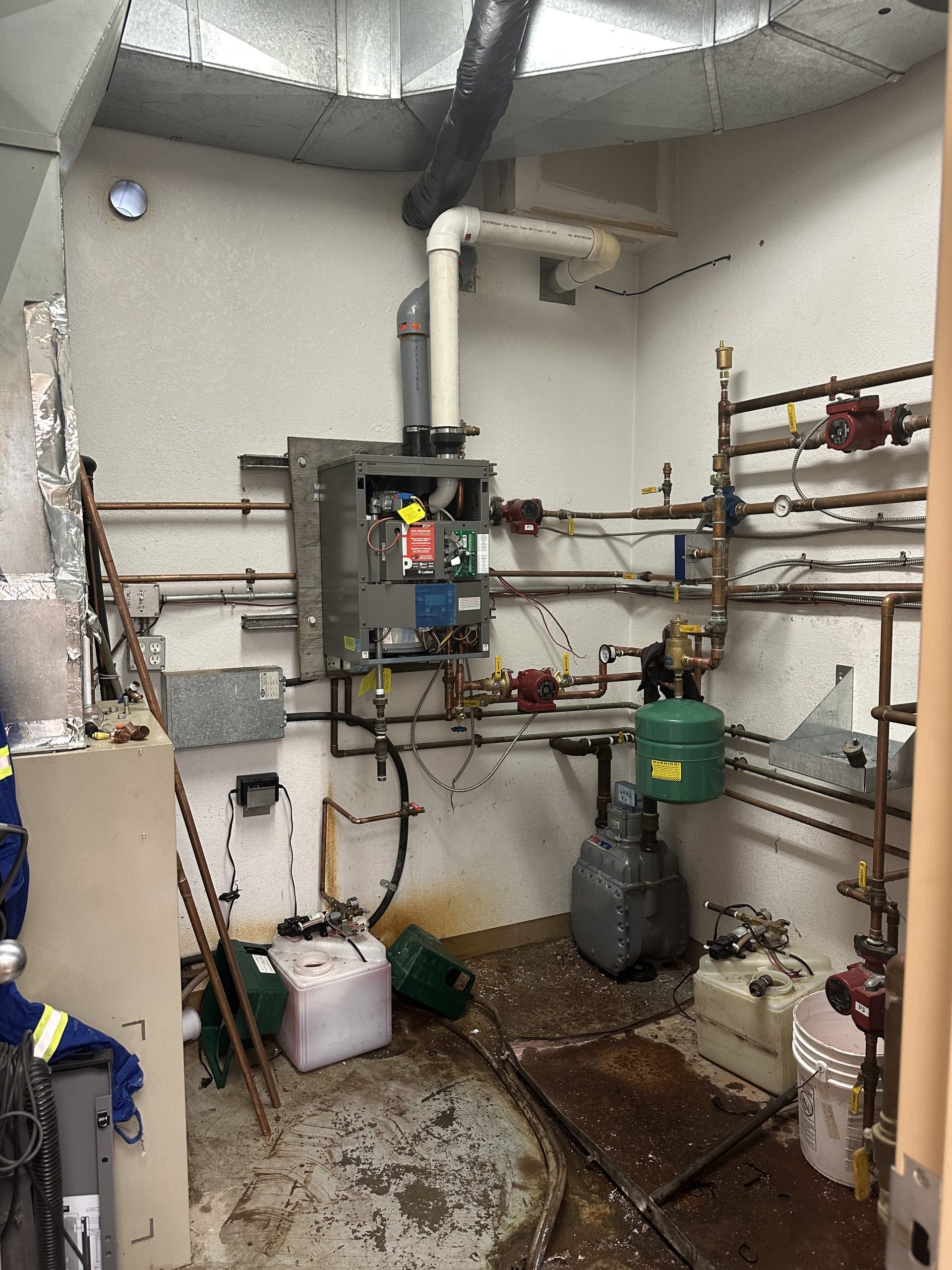Introduction
Clogged drains can be an absolute nightmare. Whether it's a slow-draining sink or a completely blocked shower, dealing with plumbing issues can be frustrating and time-consuming. Fortunately, professional plumbers have shared valuable insights that can help you tackle drain blockages effectively. This comprehensive guide will explore various techniques, tools, and preventive measures to maintain your plumbing systems in excellent condition.
How to Unclog Drains: Tips from Professional Plumbers
Dealing with clogged drains is not just a minor inconvenience; it can lead to significant plumbing problems if not addressed promptly. So what are the most effective methods for unclogging drains? Below are some proven strategies that professional plumbers recommend.
Understanding the Common Causes of Clogged Drains
Before diving into solutions, it’s crucial to understand why drains clog in the first place. Here are some common culprits:
Hair Buildup: Hair is one of the leading causes of clogs in bathroom sinks and showers. Grease Accumulation: In kitchen sinks, cooking oils and grease can solidify and create blockages. Food Particles: Bits of food that don’t get flushed down properly can accumulate over time. Foreign Objects: Items like toys or cloths accidentally dropped into toilets can cause severe blockages. Soap Scum: Soap residue can build up over time, particularly in hard water areas.DIY Drain Cleaning Techniques
If you're facing a minor clog, several DIY methods may help you clear it without needing a plumber:
Using Boiling Water
One of the simplest ways to unclog drains is by pouring boiling water down them.
Boil a pot of water. Carefully pour it directly down the drain. Wait a few minutes and then check if the water drains more freely.This method works well for grease-based clogs but may not be effective for solid blockages.
Baking Soda and Vinegar Method
A popular natural remedy involves using baking soda and vinegar:
Pour about half a cup of baking soda into the drain. Follow this with half a cup of vinegar. Cover the drain with a cloth or stopper for about 30 minutes. Flush with hot water afterward.This combination creates fizzing bubbles that can help break down stubborn clogs.
Using a Plunger
Sometimes, all you need is a good old-fashioned plunger:
Ensure there's enough water in the sink or tub to cover the plunger's cup. Position the plunger over the drain and push down firmly several times. Pull it away quickly to create suction.This method works best for toilets but can also be effective in sinks or tubs.
When to Call a Plumber
While many minor clogs can be handled at home, there are situations where calling a plumber is necessary:
- If multiple fixtures are clogged simultaneously (indicating main line issues). If there’s persistent standing water despite your efforts. If you've tried various methods without success.
Professional Plumbing Tools You May Need
When tackling more severe clogs, having the right tools on hand is essential:
| Tool | Purpose | |-------------------------|--------------------------------------------------| | Drain Snake | To reach deep clogs in pipes | | Plumber’s Auger | For tougher blockages that require more force | | Wet/Dry Vacuum | To suck out debris from sinks | | Chemical Drain Cleaners | As a last resort for tough clogs |
Preventive Measures for Clear Drains
Prevention is always better than cure when it comes to plumbing issues:
Use drain strainers to catch hair and debris before they enter your pipes. Avoid pouring grease down the kitchen sink; dispose of it in other ways. Regularly flush drains with hot water or vinegar/baking soda mixtures every month. Be cautious about what goes down your toilet—no wipes or foreign objects!Signs You May Have Clogged Drains
Recognizing early warning signs can save you from extensive plumbing repairs later on:
Slow Drainage
TMK Plumbing and Heating https://tmkplumbing.ca/ https://tmkplumbing.ca/frozen-pipes/ https://tmkplumbing.ca/boilers/ https://tmkplumbing.ca/water-heaters/ https://tmkplumbing.ca/sump-pump-install-and-repair/ https://tmkplumbing.ca/sewer-line-services/ https://tmkplumbing.ca/leak-detection-and-repair/ https://tmkplumbing.ca/drain-cleaning/ https://tmkplumbing.ca/commercial-plumber/ https://tmkplumbing.ca/plumbing-tips/ https://tmkplumbing.ca/hvac/maintenance/ https://tmkplumbing.ca/hvac/ductwork-installation-and-repair/ https://tmkplumbing.ca/hvac/heat-pump-services/ https://tmkplumbing.ca/hvac/furnace-installation-and-repair/ https://tmkplumbing.ca/hvac/air-conditioning-installation-and-repair/ https://tmkplumbing.ca/septic-systems/ https://tmkplumbing.ca/contact-us/ https://tmkplumbing.ca/emergency-service/ https://tmkplumbing.ca/hvac/indoor-air-quality-solutions/ https://tmkplumbing.ca/schedule-service/ https://tmkplumbing.ca/hvac/ https://tmkplumbing.ca/about/ https://tmkplumbing.ca/hvac/garage-heaters/If water takes longer than usual to go down your sink or shower, this often indicates an impending clog.
Unpleasant Odors
Foul smells emanating from your drain could suggest food waste buildup or stagnant water trapped inside.
Gurgling Sounds
Hearing gurgling noises when using nearby fixtures usually suggests air trapped due to clogs within your drainage system.
Frequently Asked Questions (FAQs)
1. What should I do immediately if my sink is clogged?
Start by using boiling water or try baking soda and vinegar as initial remedies before considering more extensive measures like plunging or calling a plumber.
2. Can I use chemical cleaners safely?
While chemical cleaners can be effective, they may also damage pipes over time if used frequently; it's advisable to consult professionals for severe cases instead.
3. How often should I clean my drains?
Monthly maintenance through hot water flushing or natural cleaners like vinegar helps prevent buildup and keeps pipes clear.
4. Are there any foods I should avoid putting down my garbage disposal?
Yes! Avoid fibrous vegetables (like celery), starchy foods (like pasta), bones, coffee grounds, and large quantities of oil/grease.
5. What’s the difference between a clog in my sink versus my toilet?
Toilet clogs often involve foreign objects while sink clogs typically involve grease, hair accumulation, or food debris blocking drainage paths differently based on their respective setups.

6. Should I ever try using home remedies before hiring professionals?
Absolutely! Many minor issues might resolve using simple homemade solutions—just know when it's best to call an expert!
Conclusion
Understanding how to unclog drains effectively requires both knowledge and preparation; whether through DIY methods or knowing when it's time to call professional plumbers for assistance! Implementing preventive measures ensures that your plumbing remains healthy year-round while being aware of signs indicating potential problems allows timely interventions before they escalate further!
By following these tips from seasoned professionals on how to unclog drains effectively while maintaining proper plumbing practices around your home—you’ll find yourself equipped against future blockage woes!